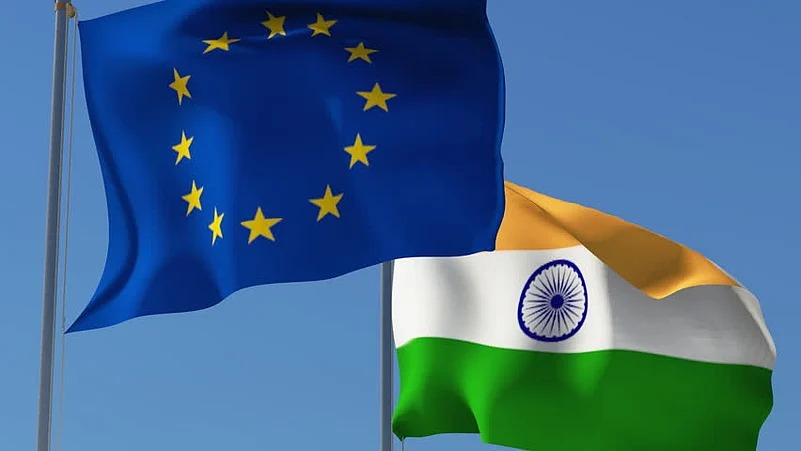India and the European Union have reached preliminary alignment on key trade issues involving steel, automobiles, and the EU’s Carbon Border Adjustment Mechanism (CBAM). However, regulatory sensitivities remain high, prompting both sides to commit to further dialogue. The discussions are part of ongoing efforts to finalize a comprehensive free trade agreement.
India and the European Union have made progress on several contentious trade fronts during the latest round of negotiations, including steel exports, automotive tariffs, and the EU’s proposed CBAM framework. While both parties acknowledged convergence on core issues, they emphasized that further deliberation is needed due to the complex regulatory and economic sensitivities involved.
The CBAM, which aims to impose carbon pricing on imports into the EU, has raised concerns among Indian exporters—particularly in the steel sector—about competitiveness and compliance costs. India is seeking exemptions or transitional relief to mitigate the impact on its domestic industries.
Key Highlights:
- Notable Update: India and the EU agreed to continue discussions on CBAM, steel, and auto trade, citing high regulatory sensitivities.
- Major Takeaway: The CBAM poses a potential cost burden on Indian exporters, prompting calls for phased implementation or concessions.
- Important Point: Talks are part of the broader India-EU Free Trade Agreement (FTA) negotiations, which both sides aim to conclude by year-end.
- Strategic Context: India is balancing trade liberalization with protection of key sectors like steel and automotive manufacturing.
Sources: Financial Express, International Growth Centre, Council on Energy, Environment and Water (CEEW).
